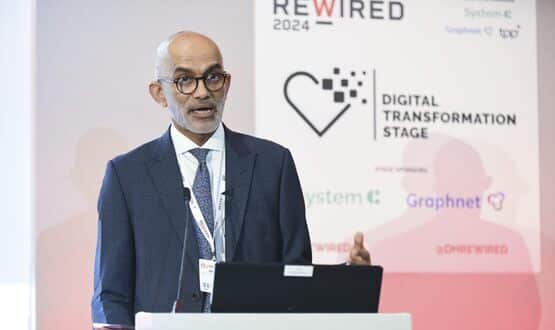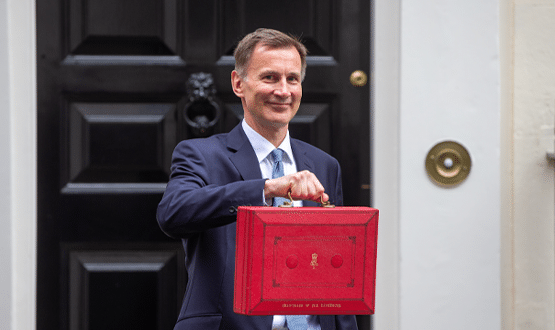IFS issues bleak funding forecast
- 4 July 2012

The Institute for Fiscal Studies has questioned the future of the NHS if it fails to rise to meet the productivity demands of the ‘Nicholson challenge.’
In a report issued this morning, the financial think-tank sets out the seriousness of the financial pressures facing the NHS and other public services over the next ten years.
In the Nuffield Trust-funded report, it notes that the NHS has tended to receive real-term funding increases of around 4% a year since the 1950s, and that it receive real terms funding increases of 6.4% a year under New Labour.
However, since the financial crisis started in 2008, its funding has effectively been flat, while the coalition government has pledged to cut public sector spending as a whole by 0.9% a year by 2016-17, and non-welfare and debt interest spending by 1.7%.
Looking forward, the IFS notes that if public spending is allowed to grow in line with projections for national income, it will increase by around 1.2% a year over the seven years from 2014-15 to 2012-22.
This would leave increases in the NHS budget over that period well below their historic levels; even if growth resumes and the government continues to allow it to consume more public spending than other public services.
The IFS casts doubt on both points, noting that GDP has repeatedly failed to hit government forecasts and that maintaining the NHS spending in line with national income would probably require “significant tax increases” to meet other demands.
Worse, it says that even if NHS spending does increase at around this level, it will fail to keep pace with the demographic pressures imposed by an ageing population living with a growing burden of chronic disease.
The gap between flat funding and these demographic pressures gave rise to the ‘Nicholson challenge’ for the NHS to find efficiency savings of £20 billion a year by 2015-16.
Sir David Nicholson, the chief executive of the NHS, set the challenge in 2008, and urged the health service to use quality, innovation, productivity and prevention programmes to avoid the ‘salami-slicing’ cuts, longer waiting lists and crumbling facilities of previous contractions.
At this year’s NHS Confederation conference, he said the NHS was on track; but that all the money saved so far had come from national initiatives – such as a wage freeze and cuts in management costs – reductions in the NHS tariff and local cost improvement programmes.
He warned that the NHS had failed to engage with the ‘innovation’ part of the QIPP agenda, and start to make the kind of radical changes to the way services were configured and organised that it would need to make in the future. Some of this change will to be driven and supported by IT.
But today’s IFS report – ‘Future funding scenarios for the NHS and social care in England‘ – effectively warns that if the NHS fails to meet the Nicholson challenge and then keep it up for another five years, other options will have to be on the table.
“Public spending is set to be tight until the end of the decade. If NHS productivity does not increase sufficiently fast to bridge the gap between funding and demand pressures, then access to and quality of care is likely to deteriorate,” it says.
“Serious thought must then be given to options for the NHS. These include reconsidering the range of services available free of charge to the whole population or the level of taxation needed to finance those services in the future.”
The report has already been met with calls for the NHS to impose more charges for its services.
However, earlier Nuffield Trust reports have concluded that these are unlikely to raise much money, and the Department of Health has already scotched the idea, saying there is "room for further efficiency savings" in the NHS and rationing must not be approached "on the basis of cost alone."




